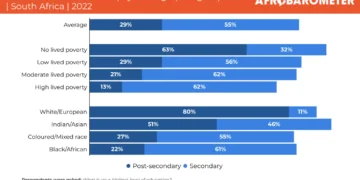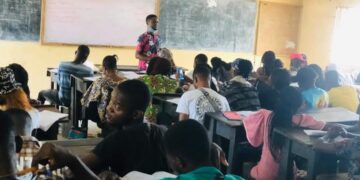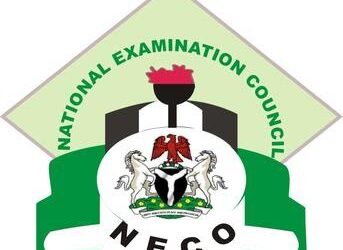Minister of Education, Dr. Tunji Alausa, has said the recent mass failure recorded in the Unified Tertiary Matriculation Examination (UTME), conducted by the Joint Admissions and Matriculation Board (JAMB), is a sign of progress in curbing examination malpractice.
Speaking on a Channels Television morning program, Alausa described the outcome as a reflection of the integrity now associated with JAMB’s computer-based testing system, which he said has significantly reduced the possibility of cheating.
“It’s evidence that exams are now being conducted the right way,” he said. “Students who used to rely on shortcuts can no longer do so in JAMB, and that’s why we are seeing these results. While unfortunate, it is proof that the system is no longer compromised.”
He contrasted JAMB’s system with other national exams like WAEC and NECO, where malpractice still occurs. According to him, many students cheat their way through secondary school exams only to be confronted with the reality of strict supervision during JAMB, where cheating is nearly impossible.
To address this discrepancy, Alausa announced that from November 2025, both WAEC and NECO would begin transitioning to computer-based testing. He added that by 2027, all major examinations — including those by WAEC, NECO, EMBRAS, and NBTEB — will be fully digitized.
“We must use technology to fight exam fraud,” he emphasized. “We are determined to break the exam malpractice ecosystem, which involves not just students but also parents and some invigilators.”
The Minister, a former teacher, expressed concern that rampant cheating demoralizes honest students who are genuinely trying to study. He noted that such an environment encourages a culture of shortcuts and undermines the country’s education system.
“I have taught in both primary and secondary schools, and I can tell you that cheating in high school exams is widespread. If students know that their peers already have access to exam questions, they will lose motivation to study,” he said.
Alausa stressed that the government is committed to cleaning up the system and ensuring Nigerian students develop a culture of hard work and honesty. He acknowledged the potential of Nigerian youths, describing them as energetic and capable, but often hindered by a flawed environment.
“We’re making progress, and we will be firm in our stance. We cannot allow this culture of malpractice to persist if we want to raise a generation that can truly contribute to the nation and the world.”



































































 EduTimes Africa, a product of Education Times Africa, is a magazine publication that aims to lend its support to close the yawning gap in Africa's educational development.
EduTimes Africa, a product of Education Times Africa, is a magazine publication that aims to lend its support to close the yawning gap in Africa's educational development.

